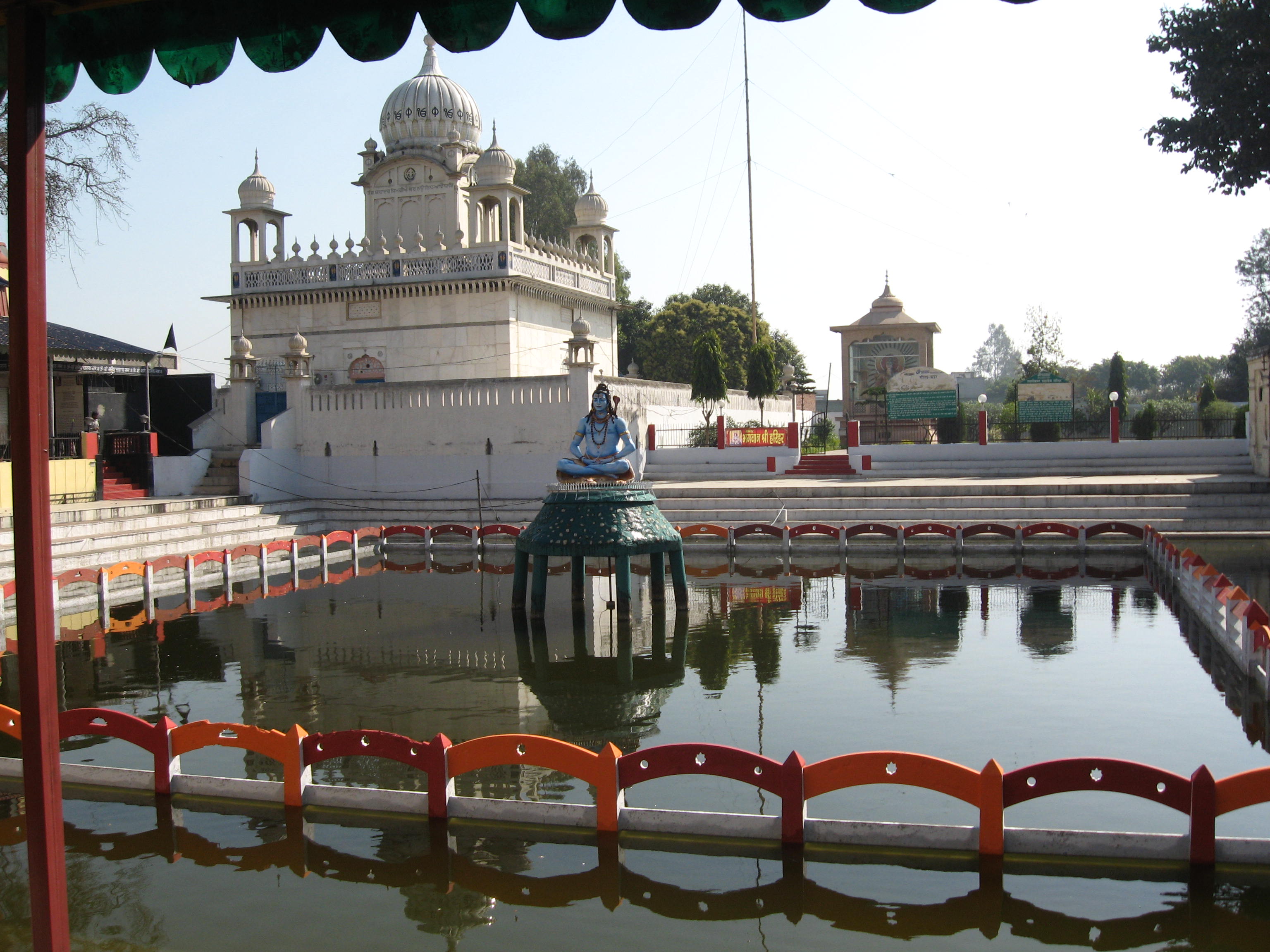
Jyotisar emerges as a profound spiritual landscape nestled in Kurukshetra, Haryana, where divine wisdom transformed human understanding. The location transcends mere geographical significance, representing a pivotal moment in Hindu spiritual narrative where Lord Krishna imparted eternal philosophical teachings to Arjuna before the Mahabharata's great battle.
The spiritual epicenter derives its name from profound symbolism: "Jyoti" signifying illumination and "Sar" representing essence, collectively embodying enlightenment's core principle. Here, under an ancient banyan tree, Krishna revealed the Bhagavad Gita's timeless message, transforming a potential battlefield into a philosophical discourse about duty, righteousness, and spiritual liberation.
Historically, this sacred ground carries immense mythological weight. King Kuru's austere penance established Kurukshetra as a hallowed territory, blessed by divine entities Vishnu and Indra. The land was granted extraordinary spiritual privileges: perpetual sanctity and liberation from the karmic cycle for those who perish within its boundaries. This divine consecration elevates Jyotisar beyond a mere geographical location to a transcendent spiritual realm.
Scholarly traditions have long recognized Jyotisar's significance. Adi Shankara, the 8th-century philosophical luminary, personally identified this precise location as Krishna's sermon site. His recognition transformed Jyotisar from a local landmark to a pan-Indian pilgrimage destination, embodying philosophical and spiritual legitimacy that resonates through centuries of Hindu contemplative tradition.
Archaeological and architectural elements further authenticate Jyotisar's spiritual narrative. The Shiva temple constructed by the Kashmir King in 1850, the stone platform surrounding the sacred banyan tree raised by the Darbhanga King in 1924, and the symbolic chariot erected by Kanchi Kamakoti Peetham in 1967 collectively create a material testimony to the site's enduring spiritual significance.
Modern interpretive efforts have significantly enhanced Jyotisar's accessibility and understanding. The Haryana Tourism's evening light and sound show, coupled with the Kurukshetra Development Board's Krishna Circuit project, ensures that this sacred landscape remains dynamically connected with contemporary spiritual seekers. These initiatives transform historical narrative into living cultural experience.
The surrounding archaeological landscape further enriches Jyotisar's contextual significance. Proximity to sites like Abhimanyupur, Harsh Ka Tila, and museums such as Dharohar and Shrikrishna Museum creates a comprehensive cultural ecosystem that extends beyond singular geographical boundaries, offering visitors a nuanced understanding of the region's profound spiritual heritage.
Ultimately, Jyotisar represents more than a historical location; it embodies a philosophical crossroads where divine wisdom intersects human experience. The site's enduring legacy lies not just in its physical attributes but in its capacity to inspire continuous philosophical reflection, serving as a timeless reminder of spiritual enlightenment's transformative potential.
Discover more attractions within 50km that might interest you

Kurukshetra, Haryana
Ancient Archaeological Site Revealing Kurukshetra's Rich Historical Tapestry
Kurukshetra, Haryana
Sacred Sarovar Where Seven Rivers Converge in Mythical Landscape

Kurukshetra, Haryana
Ancient Shiva Temple in Kurukshetra, Embodying Spiritual and Historical Essence